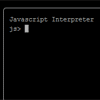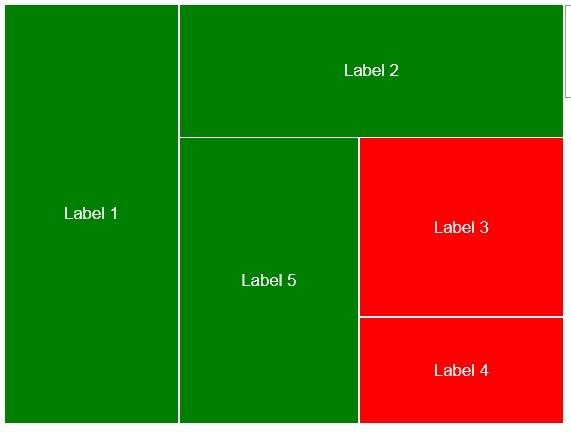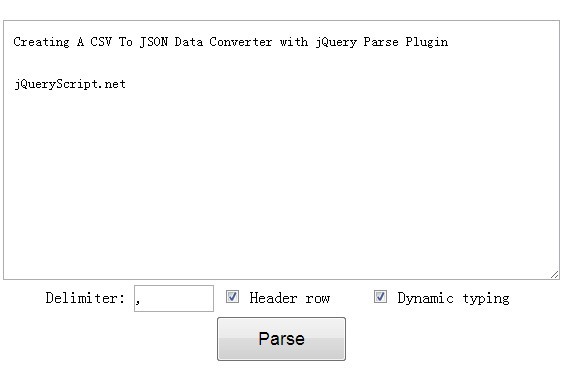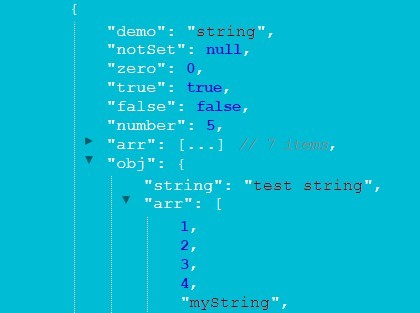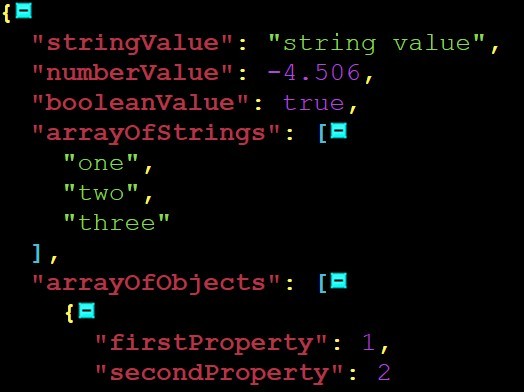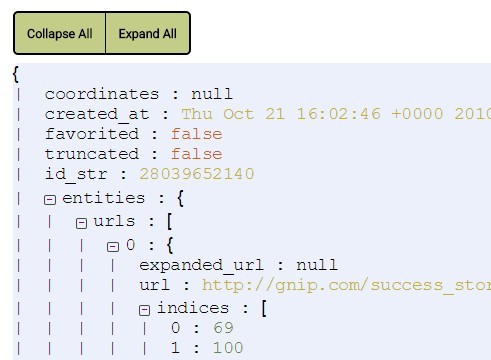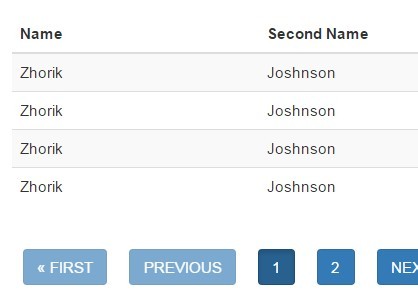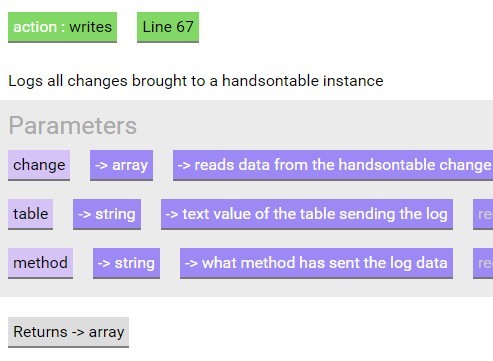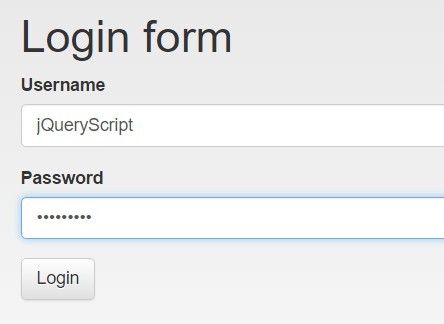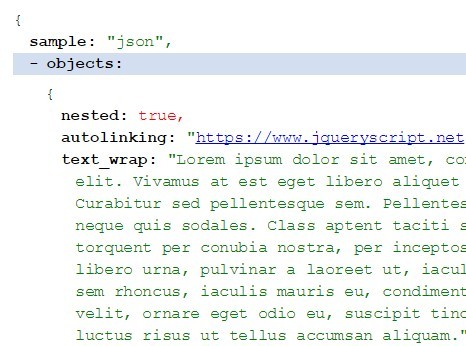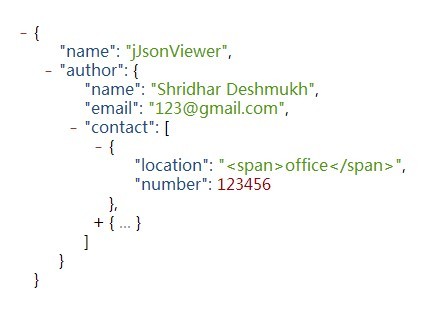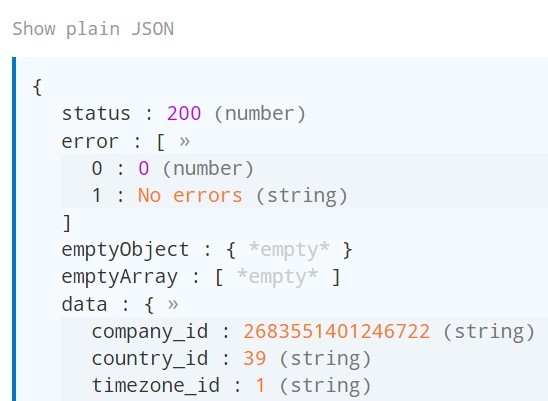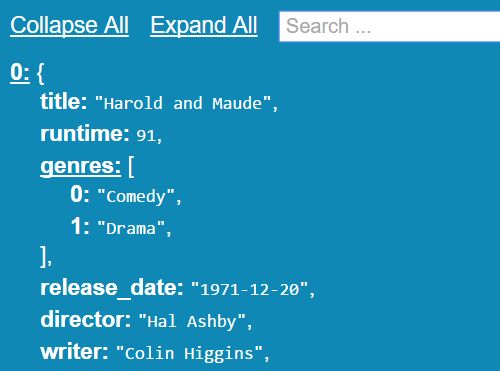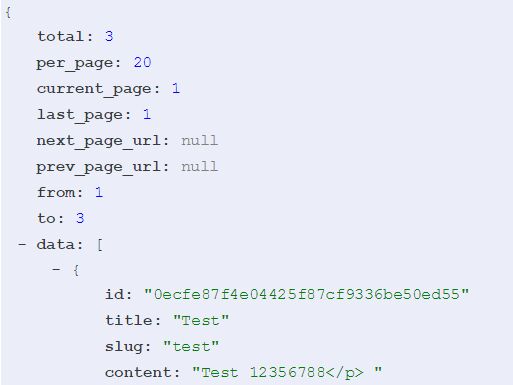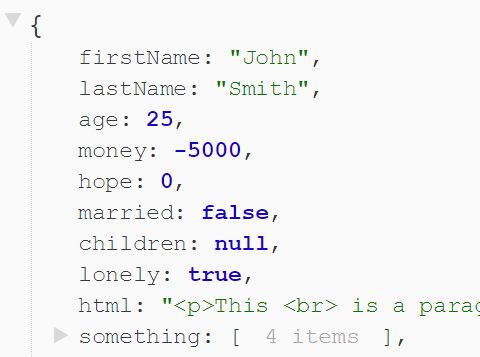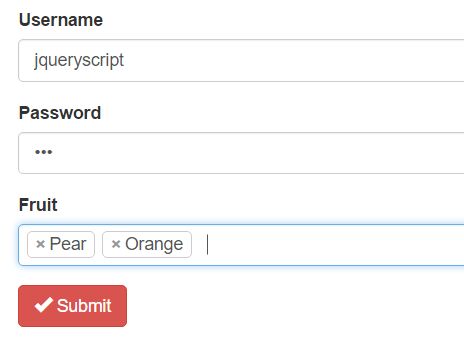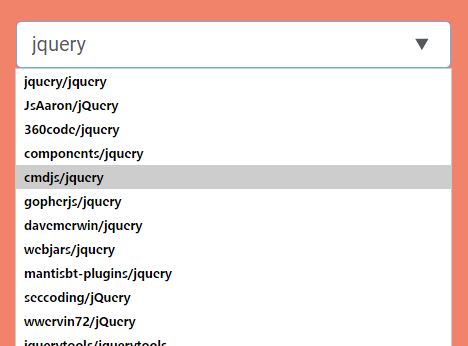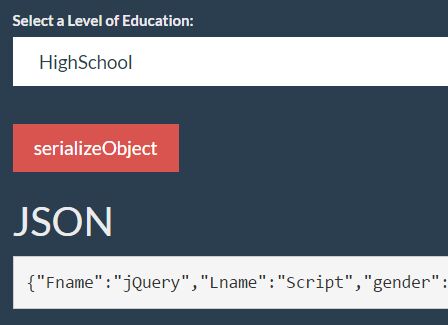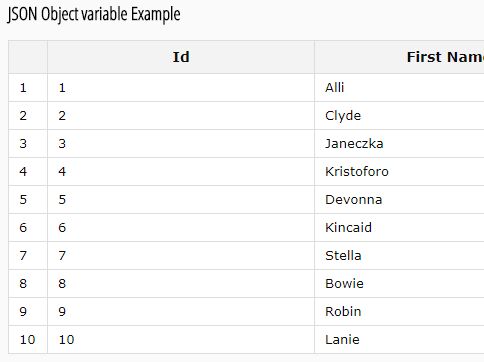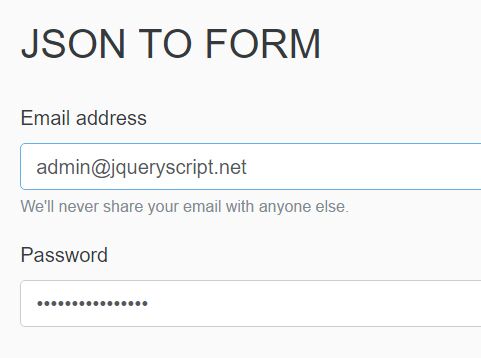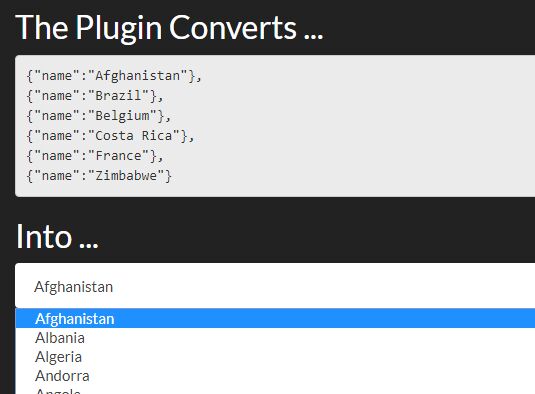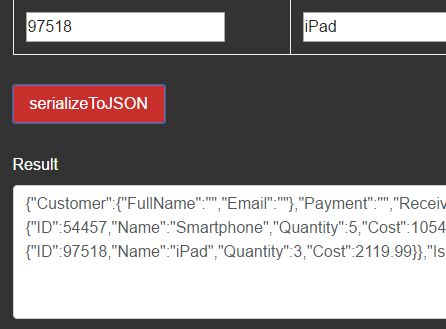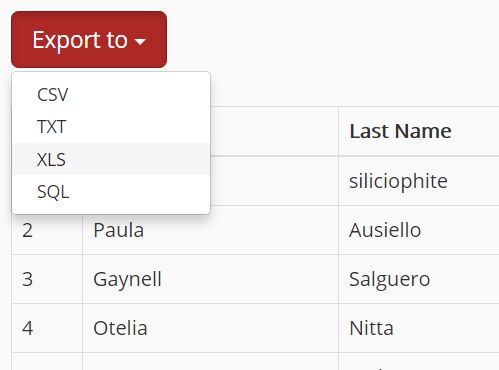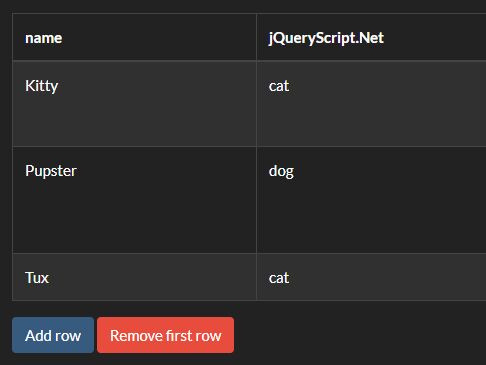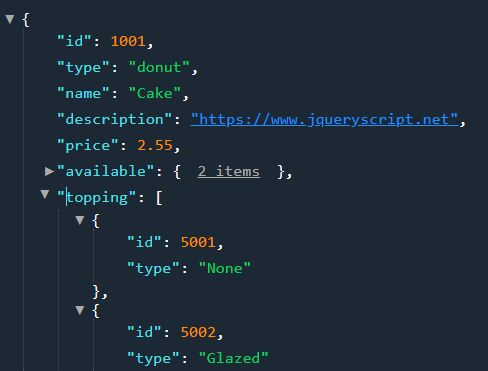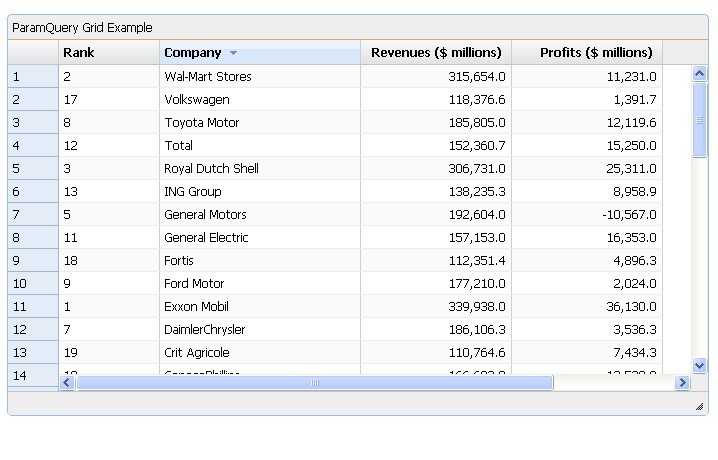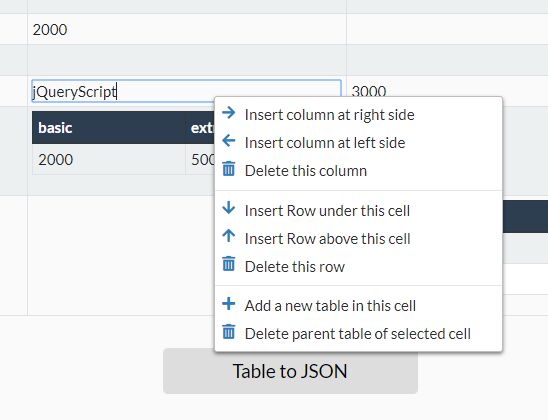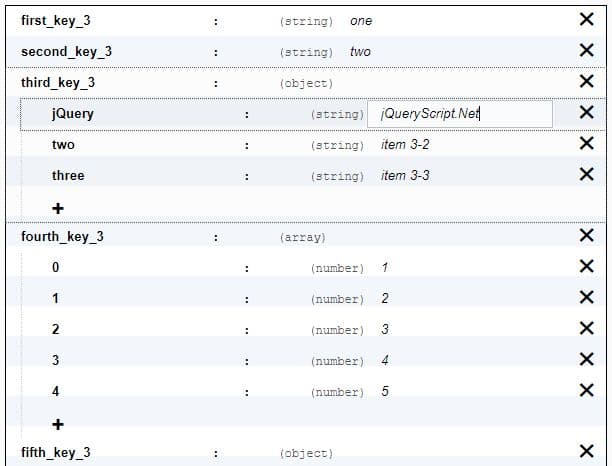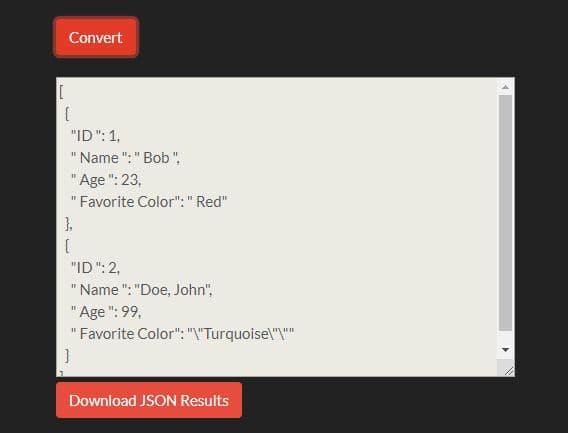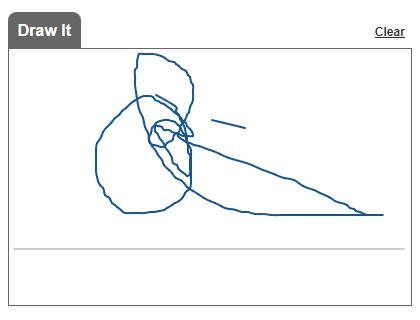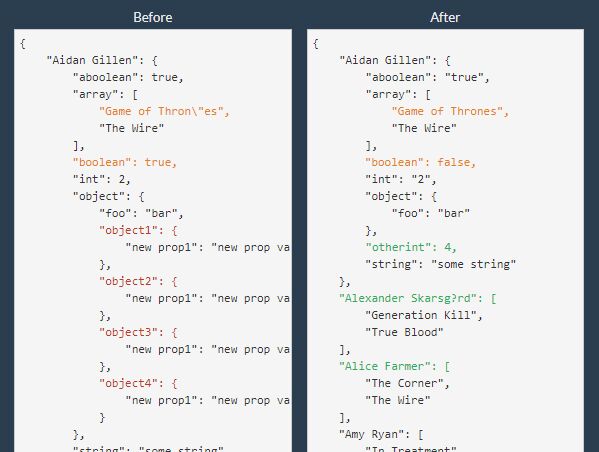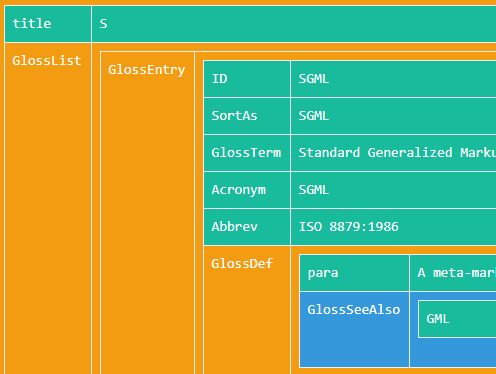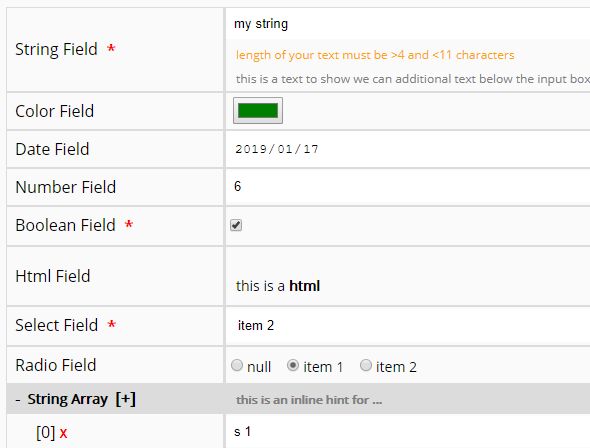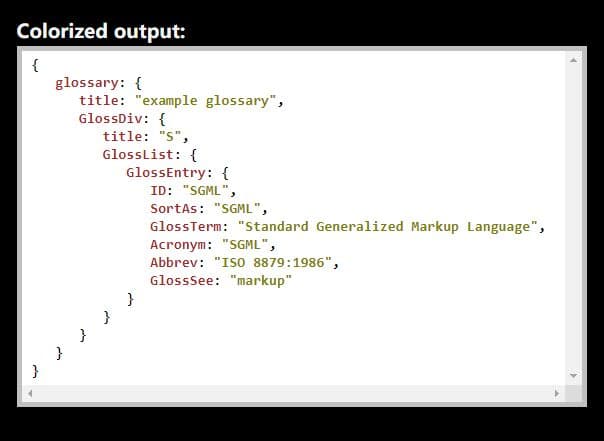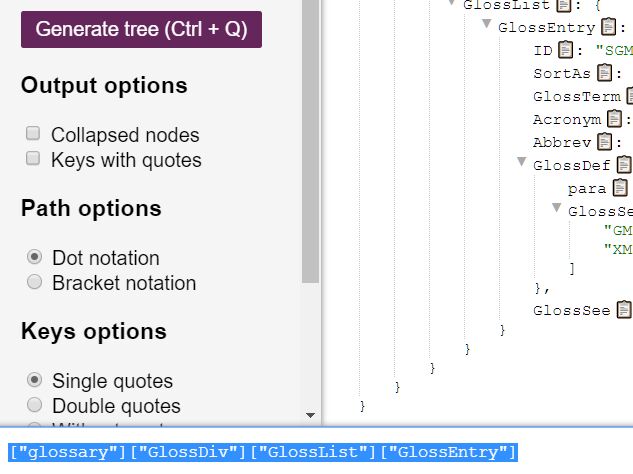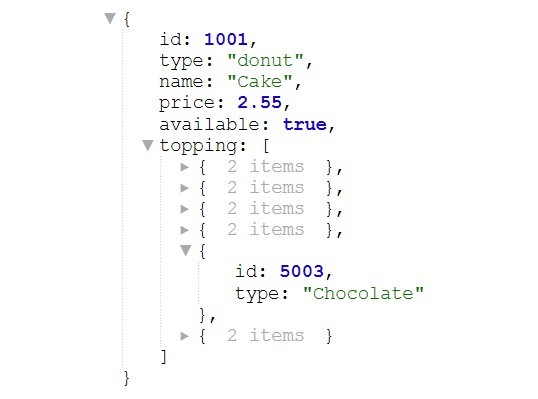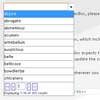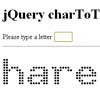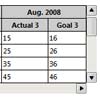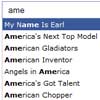_______ ________ __ / / _ /_ ____________ _/__ ___/______________ _____ / / __ / / // / // / _ / _/ // / / / _ / _/ / / \/ / _ \/ / / / / // / // / ___/ // // / / / ___/ // / / / / /\ / // / /__ \___/____ \\__/____/_/ \__ / /_/____/_//_/_/_/_/_/ \/\__\_\___/ \/ /____/ version 2.6.3 Summary
jQuery Terminal Emulator is a plugin for creating command line interpreters in your applications. It can automatically call JSON-RPC service when a user types commands or you can provide you own function in which you can parse user commands. It's ideal if you want to provide additional functionality for power users. It can also be used to debug your application.
You can use this JavaScript library to create web based terminal on any website.
Features:
-
You can create an interpreter for your JSON-RPC service with one line of code (just use url as first argument).
-
Support for authentication (you can provide functions when users enter login and password or if you use JSON-RPC it can automatically call login function on the server and pass token to all functions).
-
Stack of interpreters - you can create commands that trigger additional interpreters (eg. you can use couple of JSON-RPC service and run them when user type command)
-
Command Tree - you can use nested objects. Each command will invoke a function, if the value is an object it will create a new interpreter and use the function from that object as commands. You can use as many nested object/commands as you like. If the value is a string it will create JSON-RPC service.
-
Support for command line history, it uses Local Storage if possible.
-
Support for tab completion.
-
Includes keyboard shortcut from bash like CTRL+A, CTRL+D, CTRL+E etc.
-
Multiply terminals on one page (every terminal can have different command, it's own authentication function and it's own command history).
-
It catches all exceptions and displays error messages in the terminal (you can see errors in your javascript and php code in terminal if they are in the interpreter function).
-
Using extended commands you can change working of the terminal without touching the front-end code (using echo method and terminal formatting like syntax). Read more in docs
Installation
Include jQuery library, you can use cdn from http://jquery.com/download/
<script src="https://code.jquery.com/jquery-3.2.1.min.js"></script> Then include js/jquery.terminal-2.6.3.min.js and css/jquery.terminal-2.6.3.min.css
You can grab the files from CDN:
<script src="https://cdnjs.cloudflare.com/ajax/libs/jquery.terminal/2.6.3/js/jquery.terminal.min.js"></script> <link href="https://cdnjs.cloudflare.com/ajax/libs/jquery.terminal/2.6.3/css/jquery.terminal.min.css" rel="stylesheet"/>or
<script src="https://cdn.jsdelivr.net/npm/[email protected]/js/jquery.terminal.min.js"></script> <link rel="stylesheet" href="https://cdn.jsdelivr.net/npm/[email protected]/css/jquery.terminal.min.css">If you always want latest version, you can get it from unpkg without specifying version, it will redirect to the latest ones:
<script src="https://unpkg.com/jquery.terminal/js/jquery.terminal.min.js"></script> <link href="https://unpkg.com/jquery.terminal/css/jquery.terminal.min.css" rel="stylesheet"/>Bleeding Edge Version
If you want to test bleeding edge, development version of jQuery Terminal. You can use those files:
<script src="https://cdn.rawgit.com/jcubic/jquery.terminal/devel/js/jquery.terminal.min.js"></script> <link href="https://cdn.rawgit.com/jcubic/jquery.terminal/devel/css/jquery.terminal.min.css" rel="stylesheet"/>but the service will be shutdown in October 2019, and it don't accept new files. Great things about rawgit that (at least when you don't put cdn subdomain) you can get lastest version very fast after the commit is pushed on GitHub (sometimes you need to add no cache query string, anything unique, for faster refresh).
there is also alternative from jsdelivr:
<script src="https://cdn.jsdelivr.net/gh/jcubic/jquery.terminal@devel/js/jquery.terminal.min.js"></script> <link href="https://cdn.jsdelivr.net/gh/jcubic/jquery.terminal@devel/css/jquery.terminal.min.css" rel="stylesheet"/>but it's not refreshed as fast as rawgit does, because it's CDN and need to be propagated to different servers.
Keyboard key polyfill
NOTE: From version 1.0.0 if you want to support old browsers then you'll need to use key event property polyfill. You can check the support for it on can I use (as you can see in chart it's required by Android so it's good to add).
<script src="https://cdn.rawgit.com/inexorabletash/polyfill/master/keyboard.js"></script>or
<script src="https://unpkg.com/[email protected]/keyboard.js"></script>Command Line
You can also install jQuery Terminal using command line, from bower repository:
bower install jquery.terminal or npm registry:
npm install jquery.terminal Example of usage
This is code that uses low level function, that gives you full control of the commands, just pass anything that the user types into a function.
jQuery(function($, undefined) { $('#term_demo').terminal(function(command) { if (command !== '') { var result = window.eval(command); if (result != undefined) { this.echo(String(result)); } } }, { greetings: 'Javascript Interpreter', name: 'js_demo', height: 200, width: 450, prompt: 'js> ' }); });Here is a higher level call, using an object as an interpreter, By default the terminal will parse commands that a user types and replace number like strings with real numbers regex with regexes and process escape characters in double quoted strings.
jQuery(function($, undefined) { $('#term_demo').terminal({ add: function(a, b) { this.echo(a + b); }, foo: 'foo.php', bar: { sub: function(a, b) { this.echo(a - b); } } }, { height: 200, width: 450, prompt: 'demo> ' }); });Command foo will execute json-rpc from foo.php file.
You can create JSON-RPC interpreter with authentication in just one line:
$('#term_demo').terminal('service.php', {login: true});More examples here. You can also check Full Documentation or Getting Started Guide in Wiki.
Security
Because of security in version 1.20.0 links with protocols different then ftp or http(s) (it was possible to enter javascript protocol, that could lead to XSS if author of hte app echo user input and save it in DB) was turn off by default. To enable it, you need to use anyLinks: true option.
In version 1.21.0 executing terminal methods using extendend commands [[ terminal::clear() ]] was also disabled by default because attacker (depending on your application) could execute terminal::echo with raw option to enter any html and execute any javascript. To enable this feature from this version you need to use invokeMethods: true option.
The features are safe to enable, if you don't save user input in DB and don't echo it back to different users (like with chat application). It's also safe if you escape formatting before you echo stuff.
If you don't save user input in DB but allow to echo back what user types and have enabled execHash options, you may have reflected XSS vulnerability if you enable this features. If you escape formatting this options are also safe.
NOTE: To disable exec if you have execHash (or echo stuff from users with invokeMethods: true), you can also set option {exec: false} to your echo call and use it only when you get values from server (not from DB indireclty from users). If you do this you will be able to echo stuff from users and execute terminal methods from server (this feature is mostly done just for that).
Contributors
If you want to contrubite read CONTRIBUTING.md first. Here are project contributors:
jQuery Terminal Website contributors:
Jakub T. Jankiewicz commits | Rich Morin commits | DInesh51297 commits | Logan Rosen commits |
|---|
License
Licensed under MIT license
Copyright (c) 2011-2019 Jakub Jankiewicz
